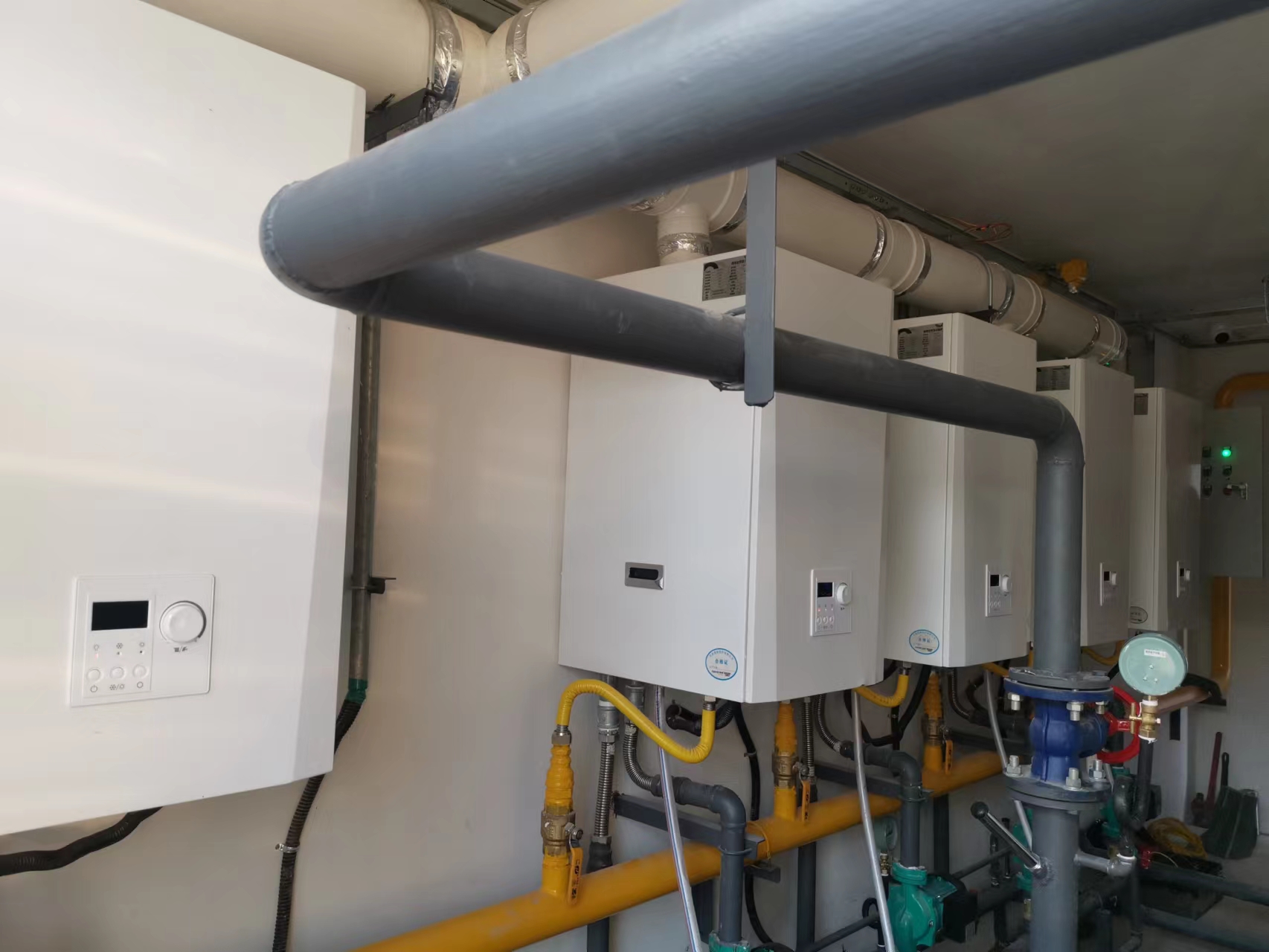- Afrikaans
- Albanian
- Amharic
- Arabic
- Armenian
- Azerbaijani
- Basque
- Belarusian
- Bengali
- Bosnian
- Bulgarian
- Catalan
- Cebuano
- China
- China (Taiwan)
- Corsican
- Croatian
- Czech
- Danish
- Dutch
- English
- Esperanto
- Estonian
- Finnish
- French
- Frisian
- Galician
- Georgian
- German
- Greek
- Gujarati
- Haitian Creole
- hausa
- hawaiian
- Hebrew
- Hindi
- Miao
- Hungarian
- Icelandic
- igbo
- Indonesian
- irish
- Italian
- Japanese
- Javanese
- Kannada
- kazakh
- Khmer
- Rwandese
- Korean
- Kurdish
- Kyrgyz
- Lao
- Latin
- Latvian
- Lithuanian
- Luxembourgish
- Macedonian
- Malgashi
- Malay
- Malayalam
- Maltese
- Maori
- Marathi
- Mongolian
- Myanmar
- Nepali
- Norwegian
- Norwegian
- Occitan
- Pashto
- Persian
- Polish
- Portuguese
- Punjabi
- Romanian
- Russian
- Samoan
- Scottish Gaelic
- Serbian
- Sesotho
- Shona
- Sindhi
- Sinhala
- Slovak
- Slovenian
- Somali
- Spanish
- Sundanese
- Swahili
- Swedish
- Tagalog
- Tajik
- Tamil
- Tatar
- Telugu
- Thai
- Turkish
- Turkmen
- Ukrainian
- Urdu
- Uighur
- Uzbek
- Vietnamese
- Welsh
- Bantu
- Yiddish
- Yoruba
- Zulu
Nov . 01, 2024 15:06 Back to list
Metal Sand Casting Production Services from Expert Manufacturers for Quality Components
Metal Sand Casting Manufacturer An Overview
Metal sand casting is a widely-used manufacturing process, known for its versatility and cost-effectiveness in producing complex metal parts. As one of the oldest casting methods, it continues to be an integral part of modern manufacturing. This article aims to provide insight into the key aspects of metal sand casting and the role of manufacturers in this industry.
At its core, sand casting involves creating a mold from sand to shape molten metal into desired components. The process begins with the creation of a pattern, which is a replica of the final product. This pattern is typically made from materials such as metal, wood, or plastic. Once the pattern is crafted, it is placed in a sand mixture, which is compacted around it to form a mold. The mold is then removed from the pattern and assembled to create a cavity for pouring the molten metal.
One of the significant benefits of using sand casting is its ability to produce large and complex geometries, which would be challenging to achieve with other casting methods. This flexibility allows for the manufacturing of a wide range of products, from small intricate parts to large industrial components. Metal sand casting is particularly favored in industries such as automotive, aerospace, and heavy machinery, where precision and strength are paramount.
metal sand casting manufacturer

Manufacturers in the metal sand casting sector play a crucial role in ensuring the quality and efficiency of the casting process. They must maintain high standards for materials and production techniques to meet the varying demands of their customers. A reliable metal sand casting manufacturer invests in advanced technologies, such as computer-aided design (CAD) and computer-aided manufacturing (CAM), to enhance precision and reduce lead times. Moreover, adopting sustainable practices, like reusing sand and minimizing waste, has become increasingly important as environmental concerns rise.
Quality assurance is another crucial aspect of the manufacturing process. Reputable manufacturers implement rigorous inspection protocols to ensure that each cast piece meets the necessary specifications and standards. This involves monitoring the properties of raw materials, as well as conducting tests on the final products to check for defects such as porosity or dimensional inaccuracies.
In conclusion, metal sand casting remains a vital manufacturing process due to its flexibility, cost-effectiveness, and capacity to produce intricate designs. The role of a metal sand casting manufacturer is invaluable, as they not only provide the necessary expertise and technology to produce high-quality castings but also adapt to the evolving demands of various industries. As innovation in this field continues to advance, the future of metal sand casting looks promising, paving the way for new applications and opportunities.
-
Buy Cast Silicon Aluminum Hot Water Heat Exchangers Efficient & Durable
NewsMay.15,2025
-
Precision Stainless Steel Casting Services Sand/Investment/Die Casting
NewsMay.15,2025
-
China Investment Casting Parts High Precision & Durable Solutions
NewsMay.14,2025
-
Water Glass Sand Casting Custom & ODM Solutions, High Precision
NewsMay.14,2025
-
Ductile Iron Casting Solutions High-Strength & Corrosion-Resistant
NewsMay.13,2025
-
Custom Low Nitrogen Condensing Gas Boilers for Domestic Hot Water
NewsMay.13,2025


